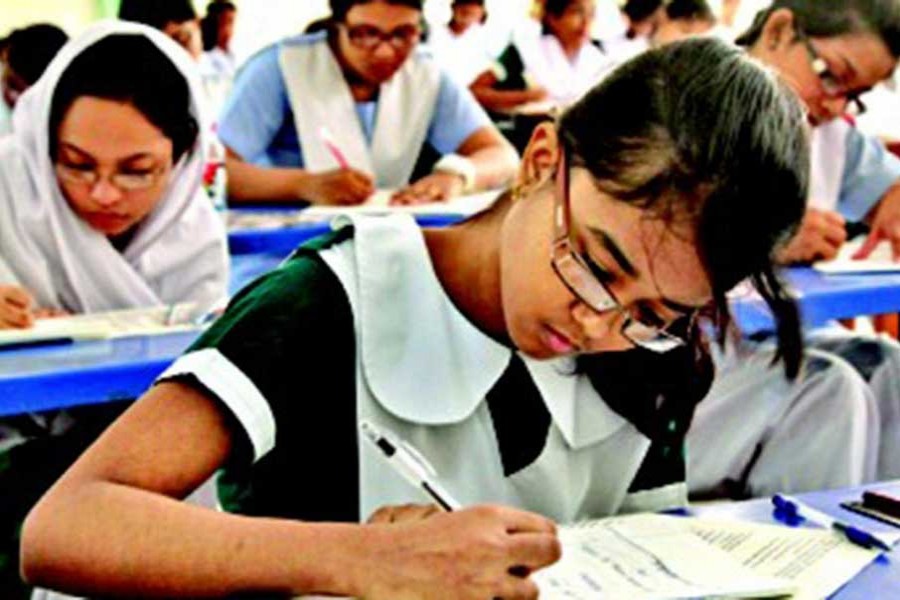

Reinstatement of scholarship for primary students, class V to be precise, makes sense following the cancellation of what was called a competence-based and outcome-focused education system introduced in 2023. With the introduction of the Primary Education Completion (PEC) examinations under the Directorate of Primary Education (DPE) in 2009, the question of holding a separate examination for scholarship did not arise. However, during the transition period, the scholarship exam was reportedly held in 2022 for the last time. Now that the curricula introduced by the deposed government in 2023 have been cancelled to revert to the traditional system, Primary and Mass Education Adviser Prof Dr Bidhan Ranjan Roy Podder discloses his government's move to reintroduce the scholarship examinations for class V students, particularly the most talented among them of this level from primary schools. It emphasises both competition and talent hunt. Then those who excel in the examinations receive financial rewards for pursuance of studies.
Scholar with its Latin and ancient Greek roots 'scholaris'(learning) and 'skhole' (time for learning) respectively has become scholarship with the addition of suffix '-ship' meaning quality or position. In fact, it is nothing less than learning excellence. So, any attempt to encourage learning with financial support is always welcome. But at this point, the difference in awarding financial support between the traditional system of examinations and wider talent hunt on the basis of competence and creative proclivity must not go unnoticed. Also, in the intervening period, financial support was wider when a certain percentage of scores helped more students to qualify for the institutional finance. One of the allegations against the traditional system of education is that students who can better learn by rote instead of assimilating the knowledge score higher in examinations. This can hardly be refuted. There is, moreover, no point asking every mind to conform to a rigid system of education.
However, what is happening in the country in the name of reforming the education system or the curricula, particularly at the lower tiers, is next to insanity. The young learners have been treated like guinea pigs as different governments have frivolously made experiments with education at the primary and secondary levels. It is tragic that the country has failed to introduce a universally acceptable education system for the young learners in the past 54 years and prepare them for the challenges of the new millennium. On that count, the reintroduction of the traditional scholarship examination falls far short of the national expectation.
After all, this is no solution to the problem facing education that has long lost its relevance to the demand of the time. Apart from a select few from the general and madrasha streams of education, the rest find their knowledge and skills incompatible with the market demands. There is, however, no dearth of talents here. This is best revealed by the fact that those students pursuing English medium education achieve enviable scores in O-Level and A-Level among all the candidates from the UK and the British Commonwealth. At home, the systemic failure has been responsible for emergence of distortions in the form of commercial coaching centres, guide books and made-easy short-cuts for passing exams including public ones. There have been several reform commissions but none on education. Why? Is the old system better than the one that was introduced in 2023? An education system has to be accepted or rejected on the basis of its merit, not on any other considerations.


 For all latest news, follow The Financial Express Google News channel.
For all latest news, follow The Financial Express Google News channel.